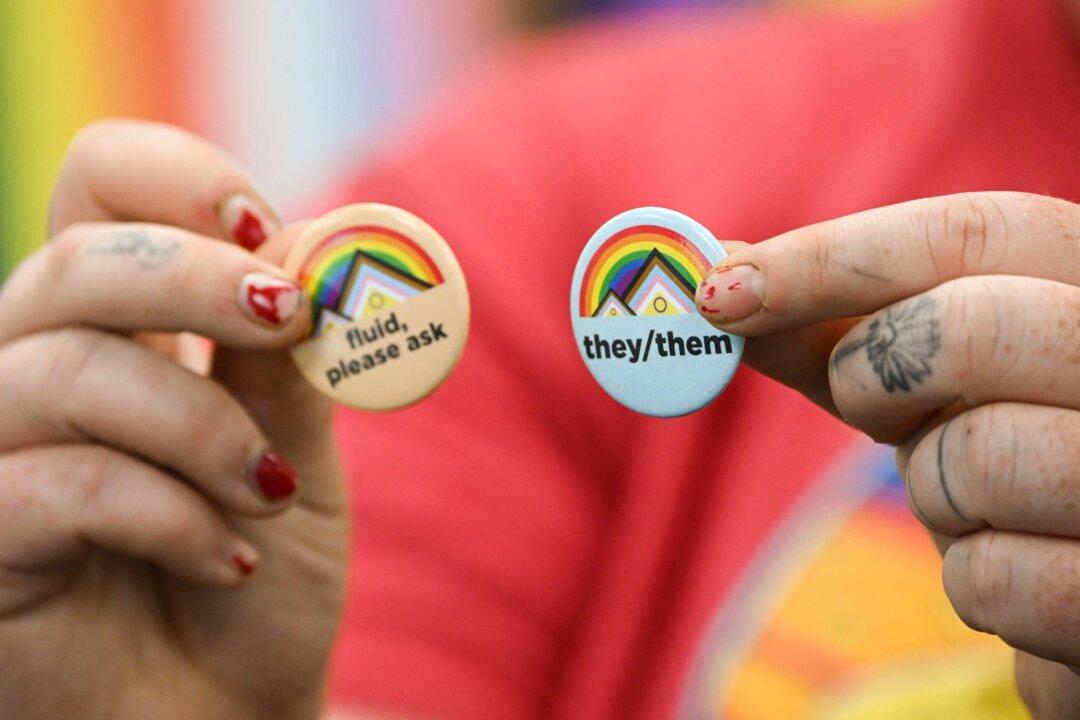PUNTA GORDA, Fla.–With more than 13,500 miles of coastline, Florida ranks Number One for shark bites, overtaking Australia in 2021, a study shows.
Spring break is rapidly approaching with “record numbers” expected to arrive at Florida beaches, as shark researchers warn they may be “sharing the water” with other creatures that could mistake them for food.




